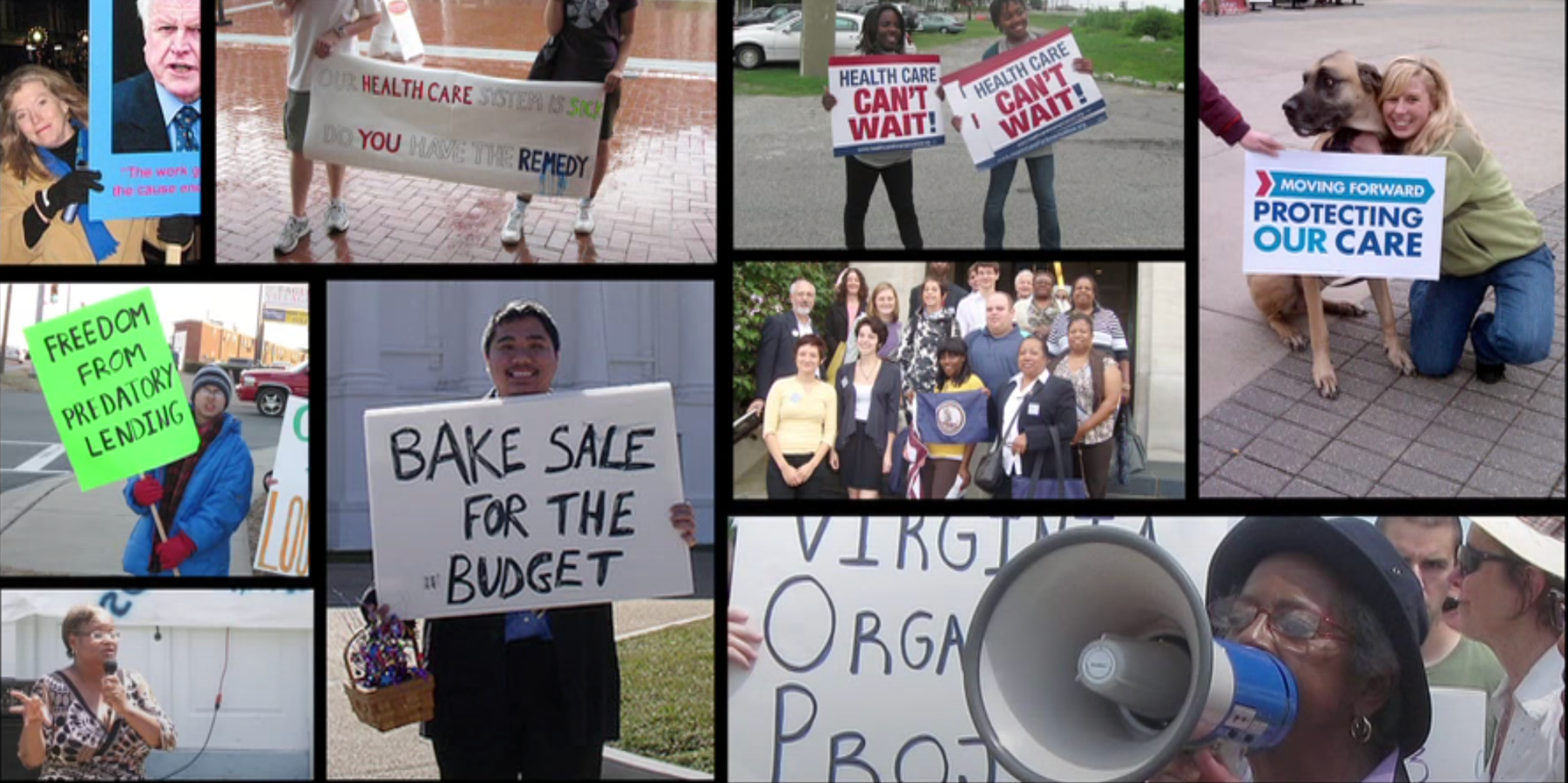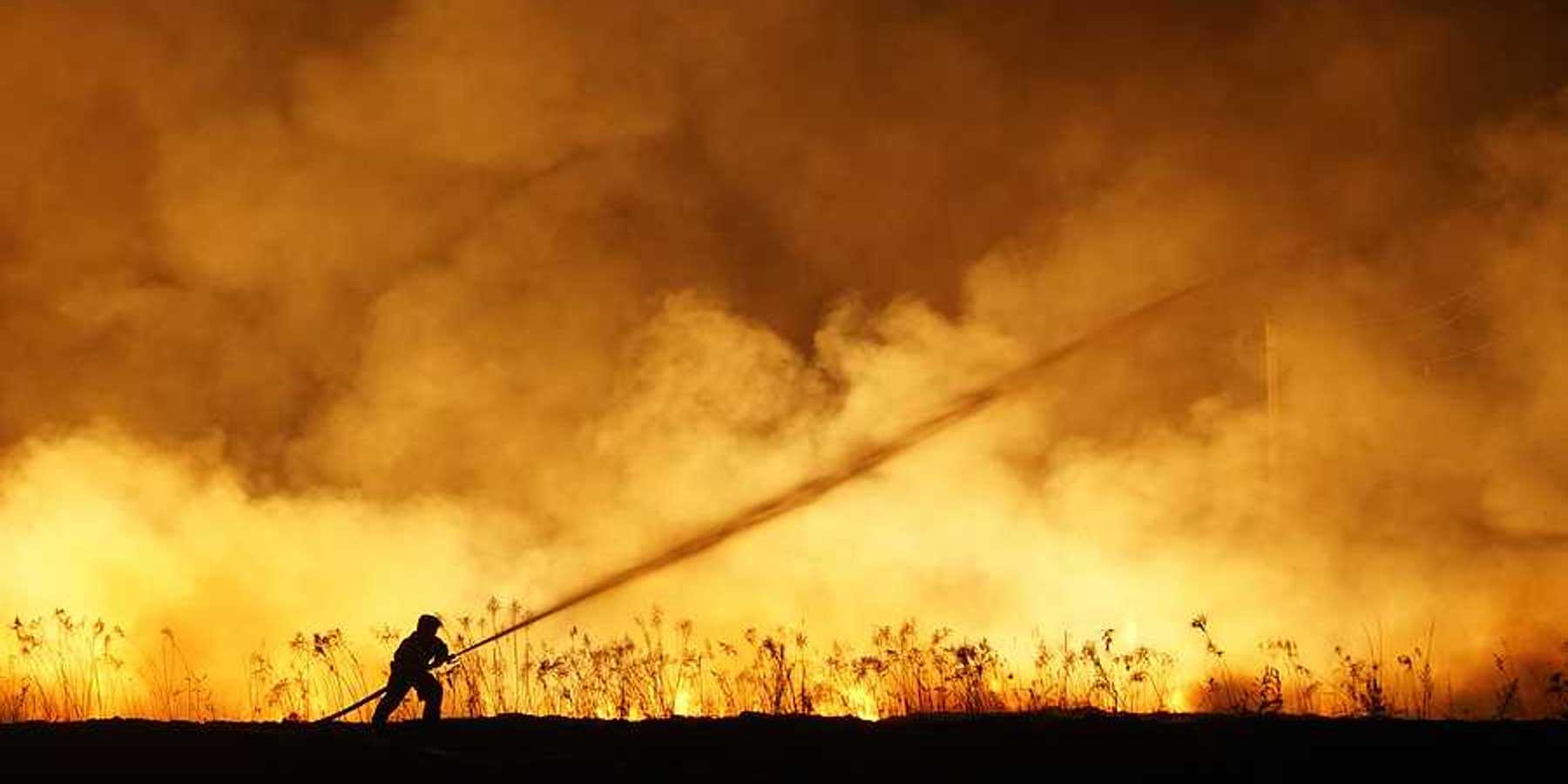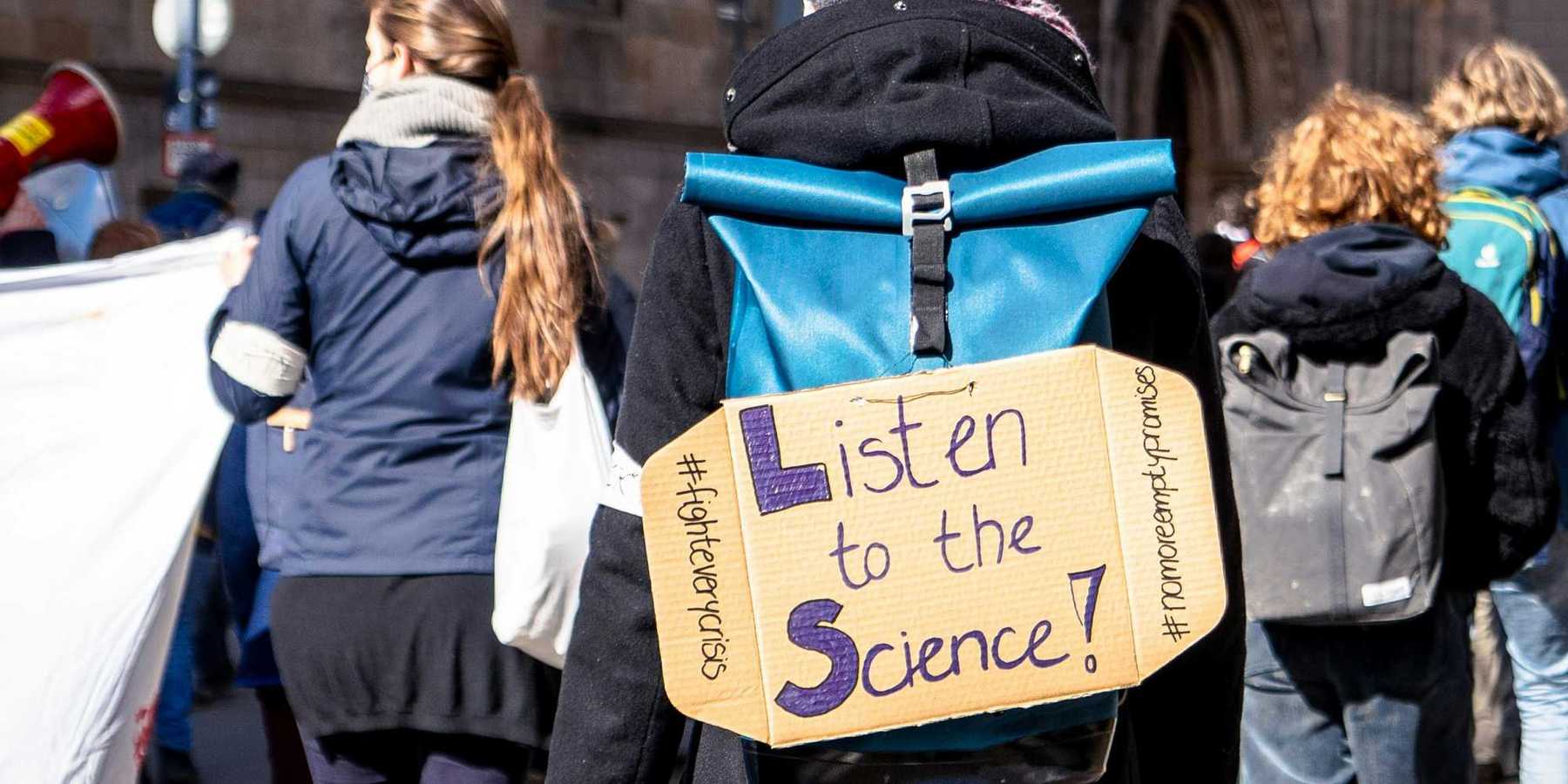
Op-ed: An engine for social justice leads the way to change
Virginia Organizing's 27-year history as a role model for The Daily Climate
I want to share a role model for impactful change.
For 27 years, Virginia Organizing has quietly – and not-so-quietly – pushed for equity and social justice in and around Virginia.
And for 20 of those years, Environmental Health Sciences, publisher of EHN.org and DailyClimate.org, has been part of the VO family. VO serves as our fiscal sponsor, handling our accounting and finances.
But VO does so much more, pushing us to report on environmental justice and fight climate and environmental inequities as we work to inform the world about the science of our planet and health.
Today, Friday, is our last day in that VO home. EHS has grown up: Tomorrow we take our first steps as our own independent nonprofit.
The Virginia Organizing model for change
VO made those steps possible.
In an era of Twitter campaigns and online petitions, VO has focused on grass-roots activism, showing up at city council meetings, building presence in the community and listening to community needs.
Every year the organization holds a "power analysis" – looking at who holds power over issues their constituents care about, and then figuring out how to leverage their networks to shift the power balance toward justice.
It's a remarkably effective approach.
- VO reformed criminal justice in many localities and the state of Virginia with successful “ban the box” campaigns.
- Removed the stigma of an arrest record or conviction that disproportionately affects minority communities.
- It built coalitions that:
- Brought tax relief to 150,000-plus low-wage earners,
- Expanded Medicaid,
- Shut down the Atlantic Coast Pipeline.
Worth copying: VO's beliefs
There's one other area where Virginia Organizing serves as a role model: Their statement of beliefs.
The 12 point list keeps the organization focused laser-like on its target of social equity, racial justice, and accountability from those in power. They all resonate with me, especially this one:
We believe that community, economic, social, and environmental policy should be developed with the greatest input from the people it is meant to serve, and that the policies should promote, celebrate and sustain the human and natural resources of Virginia.
I admire them all – and when EHS set out to craft its own statement of beliefs, we stood on VO's shoulders.
A legacy of advocacy and justice
So while VO ostensibly did our accounting, in reality their values, over 20 years, have permeated every aspect of EHS, from how we treat employees to the accountability we demand of people in power.
We're leaving VO today, but we're bringing VO's fierce, clear-eyed focus on justice, equity and a healthier world with us.
Photo montage courtesy Virginia Organizing, via Youtube.













